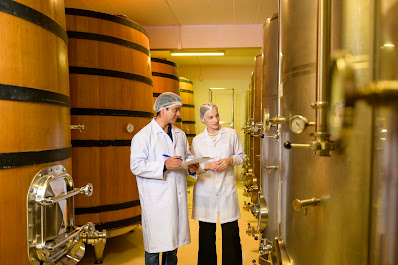Greener Chemistry: Environmental Benefits of Xylanase in Bio-Processing
In the growing push for sustainable industry practices, xylanase, a naturally occurring enzyme, has emerged as a vital player in eco-friendly bio-processing. Derived primarily from microbial sources, xylanase breaks down xylan, a major component of hemicellulose in plant cell walls. While originally developed for specific applications like pulp bleaching, it is now revolutionising a range of industries through its green credentials.
One of the most impactful uses of xylanase is in the paper and pulp industry, where it enables chlorine-free bleaching of wood pulp. By breaking down xylan and loosening the lignin structure, xylanase allows for lower chemical usage—particularly chlorine compounds that are notorious for producing harmful effluents. This results in reduced environmental toxicity and improved biodegradability of waste.
In animal feed production, xylanase improves the digestibility of feedstock, allowing livestock to absorb more nutrients. This enhances feed efficiency and reduces undigested waste. The result? Lower methane emissions and less strain on resources like water and grain. This makes it a valuable contributor to more sustainable agriculture.
In the biofuel industry, xylanase aids in the breakdown of plant biomass into fermentable sugars, improving the efficiency of ethanol production. Unlike chemical hydrolysis, enzymatic treatment is selective and energy-efficient, reducing the environmental footprint of the entire process.
Another lesser-known but important application is in textile bio-finishing. Here, xylanase helps in the removal of plant-based residues from natural fibres like flax or hemp. Compared to conventional scouring methods, enzyme-based treatments are gentler, biodegradable, and use less water and energy—ideal for meeting today’s sustainability targets.
What sets xylanase apart is not just its versatility but its alignment with cleaner production principles. It enables industries to replace or reduce harsh chemicals, cut energy usage, and meet environmental compliance more easily—all while maintaining or improving product quality.
As companies across sectors look for solutions that balance performance with planet-friendly values, xylanase stands out as an essential part of the biotechnological shift toward greener, cleaner processing.
Source - https://www.biolaxienzymes.com/environmental-benefits-of-using-xylanase-in-bio-processing/




Comments
Post a Comment